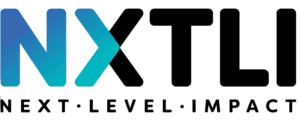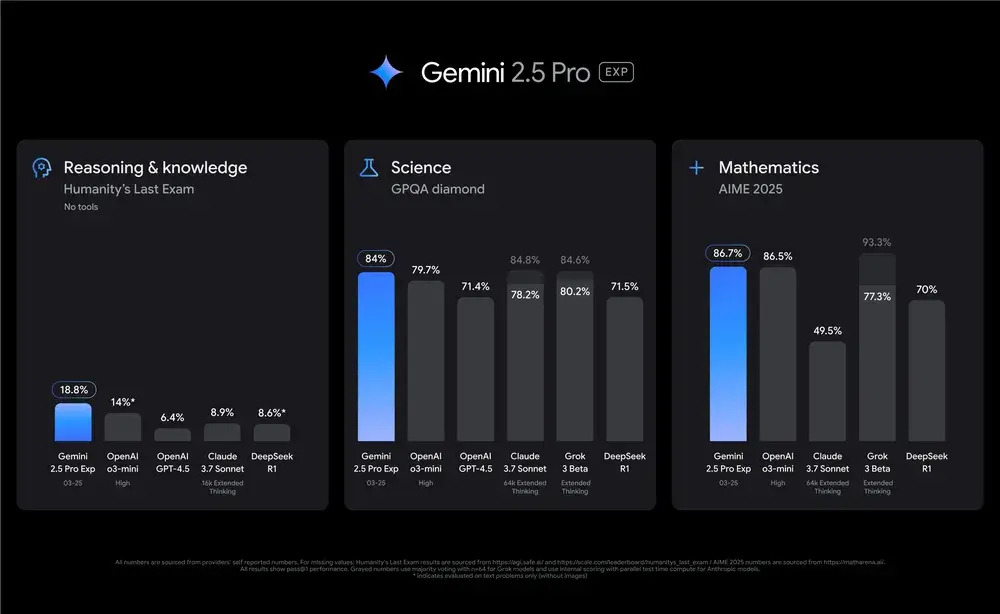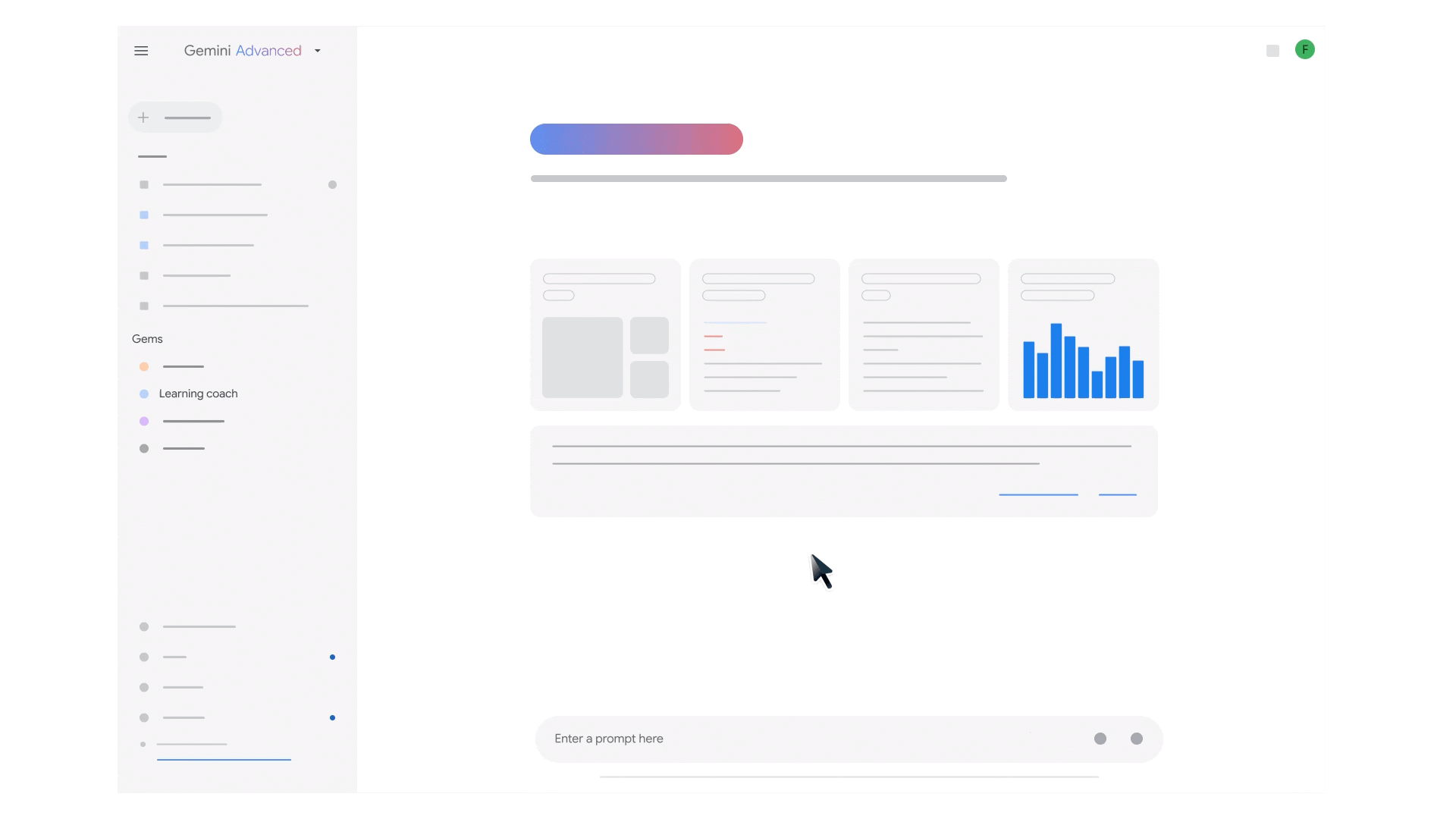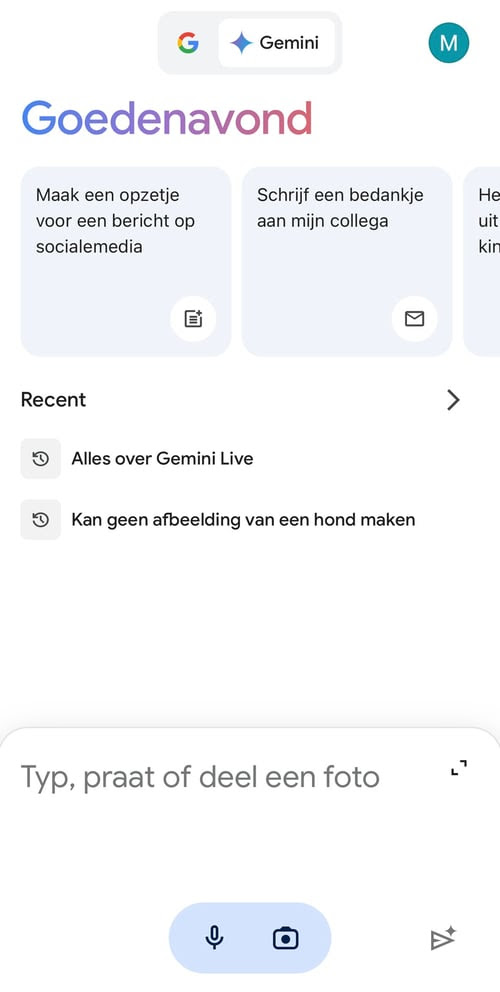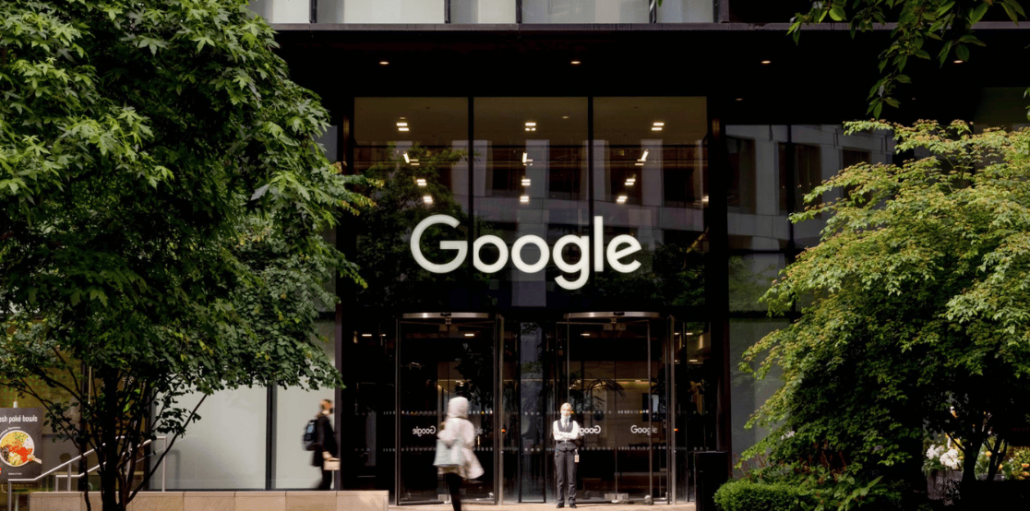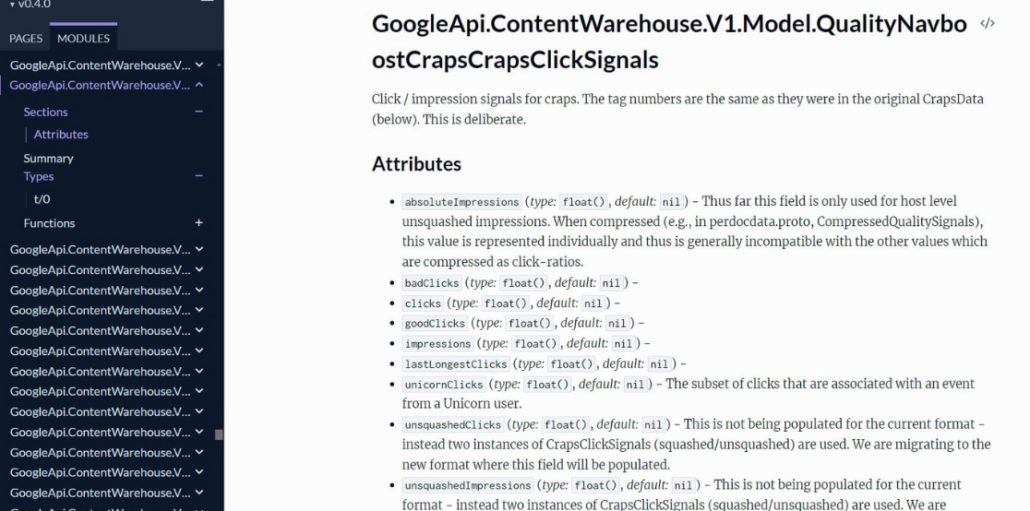A quiet landslide is taking place in how people search online. Whereas for decades Google was the starting point of virtually every digital search, that is now shifting toward AI, and Apple is in the thick of it.
Apple considers switching to AI
During the antitrust case against Google, Eddy Cue, senior vice president at Apple, stated that the company is seriously looking at alternative search solutions to integrate into Safari. Not to other search engines such as Bing, but to AI tools: ChatGPT, Perplexity and Anthropic.
For the first time, Apple is seeing a decline in searches through Safari. Not because people are searching less, but because users are searching via AI first.
Why this is a bash for Google
Google pays an estimated $20 billion a year to remain the default search engine in Safari. That amount represents a whopping 36% of Google's total ad revenue from Safari traffic. If Apple adds AI options or directs some search traffic to other platforms, Google's revenue model will come under immediate pressure.
No search means no ad. No ad means no revenue. And without exclusivity, the dominant market share disappears. According to analyst Gil Luria, advertisers will reallocate their budgets once there are real alternatives to Google.
AI radically changes search behavior
Recent figures from Andy Crestodina show that:
- 62% of people use an AI chatbot daily
- 51% wanting to expand usage
- 49% expect AI to replace traditional search engines
Google is still mostly used for practical questions ("what time does this store close?"), while AI is increasingly the starting point for broader information needs.
Apple is cleverly capitalizing on this. Not only by adding AI access to Safari, but also by working on a ChatGPT integration within Siri. Meanwhile, Google is trying to get its own Gemini model onto Apple devices. The AI arms race is in full swing.
SEO shifts, AIO emerges
For marketers, this shift means one thing: The era of Google-first marketing is beginning to tilt. The influence of traditional SEO is noticeably diminishing, especially on searches that are informative or general in nature. Where previously a high position in Google guaranteed visibility, we now see that more and more users are already getting their answer without clicking through. This so-called zero-click behavior means less traffic to websites, even if you are still technically ranking well.
At the same time, a new reality is emerging in which AI discovery is central. No longer does a search engine's algorithm decide which links are at the top, but an AI assistant decides which information is relevant enough to display. In that context, content must not only be findable, but also understandable and reliable for AI systems. That requires structured data, content with clear source citations and a strong focus on originality and authority. Content that meets these requirements will soon have the best chance of actually being seen and trusted.
What further increases in importance are channels that are harder to automate: personal recommendations, communities, influencers, podcasts, live sessions, webinars. In short: content that is hard to replicate and builds trust.
What can you do?
Test how your brand scores in AI environments. Ask ChatGPT, Copilot, Gemini, Claude or Perplexity about solutions and services in your area of operation. Ask questions like your target audience might ask. See if and how you are mentioned. If this is not to your liking, then it is time to take action.
Take a leap forward in your marketing AI transformation every week
Every Friday, we bring you the latest insights, news and real-world examples on the impact of AI in the marketing world. Whether you want to improve your marketing efficiency, increase customer engagement, sharpen your marketing strategy or digitally transform your business. 'Marketing AI Friday' is your weekly guide.
Sign up for Marketing AI Friday for free.

